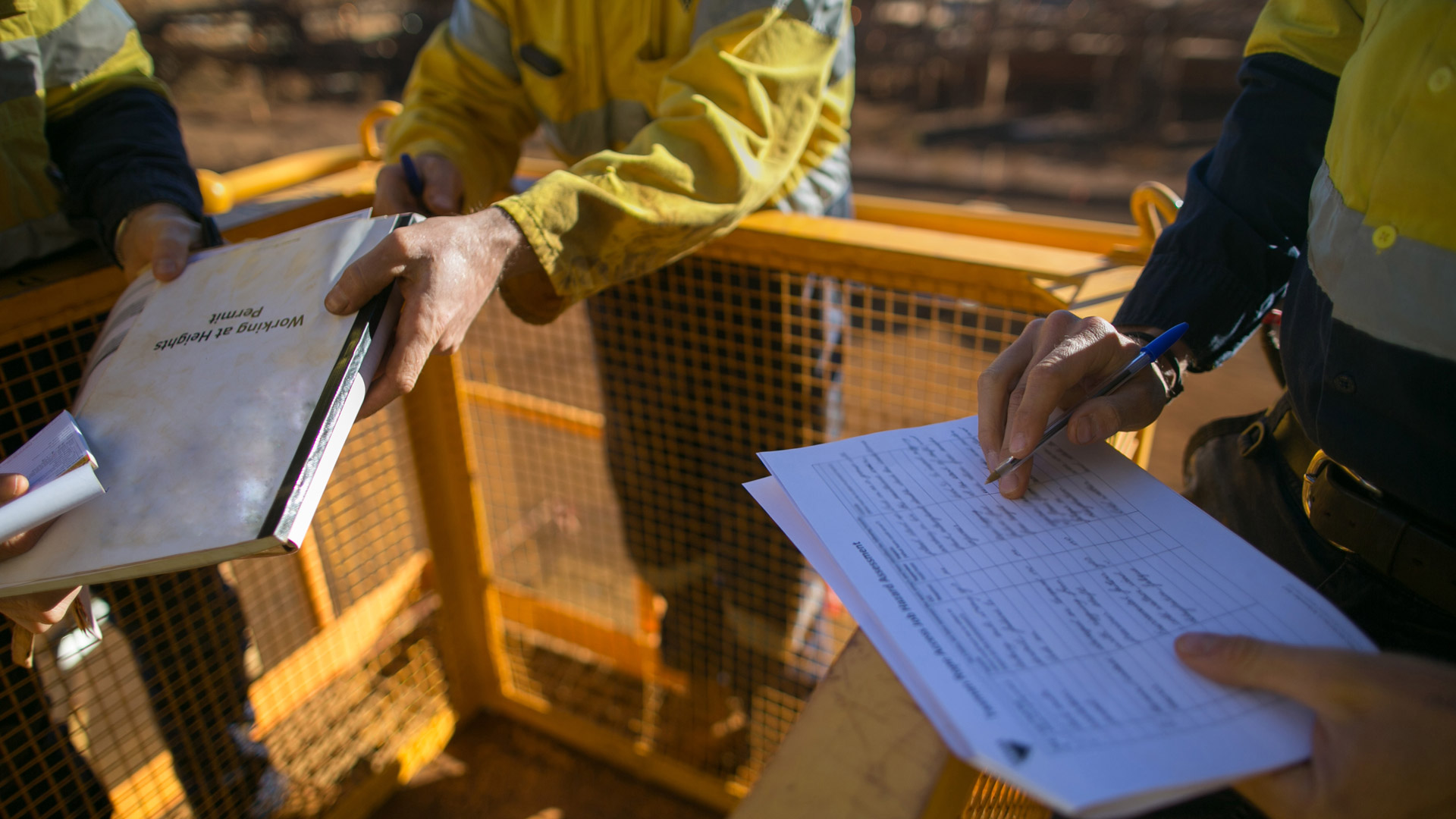A delivery driver is believed to be the first worker in Britain to be sacked for refusing to wear a face mask during the Coronavirus pandemic.
Kent Foods deliverer Deimantas Kubilius was fired following an incident during the first national lockdown in 2020, when he arrived to make a delivery at a Tate and Lyle sugar refinery and ignored their requests for him to put on a mask in the cab of his HGV.
Bosses at the site were concerned he could pass on the virus while speaking out of the window. But Mr Kubilius argued that "my cab is my home" and refused to comply. Kubilius was banned from the site but defended himself by pointing out that he was not required by law to wear a mask inside his cab but that he happily complied by wearing a mask when outside of his cab.
He said:
"I didn't nothing wrong, I just stay in my cab and staff from Tates came to me and start required to keep mask on my face but I don't must seat in my cab with mask, my cab is my home.”
The driver was sacked as a result of his behaviour and then launched legal action against his company.
Kubilius contended that it "was not reasonable" for Kent Foods to sack him, but Employment Judge Barrett dismissed his unfair dismissal claim at East London Tribunal centre, saying although it may have been “reasonable” to warn Kubilius, his “continued insistence that he had done nothing wrong caused [Kent Foods] to reasonably lose confidence in his future conduct”.
The judge concluded:
"Taking into account the relevant circumstances, including [Kubilius'] lack of remorse and the practical difficulties caused by the Tate and Lyle site ban, I conclude that the decision to dismiss fell within the range of reasonable responses."
A critical part of managing employees is ensuring their performance, attitude and conduct is aligned with organisational standards and values. Where this goes ‘off track’ and informal discussions do not achieve the required changes, a formal disciplinary procedure may need to be invoked to manage employee misconduct, which can lead to dismissal.
You may also be interested in
RELATED CONTENT
RELATED COURSES

The Permits to work course explores the elements of permit-to-work systems and the high-risk activities that may require them.

The Risk Assessment and Method Statement (RAMS) course examines the HSE’s recognised five-step approach to risk assessment.

The Working at height course helps learners understand the dangers associated with working at height and ways to control the risks

The world’s best-known health and safety certificate, designed for managers and supervisors in any sector or organisation.

An employer has been sentenced for failing to reduce the exposure and spread of asbestos when demolishing a large pig shed.

The government is taking "strong action" against unscrupulous employers that use the controversial practice of ‘fire and rehire’, it has announced.

The legal term ‘reasonably practicable’ plays a crucial role in determining the level of care and precautions required in different areas of law, such...

The CIPD has published a new report, An update on flexible and hybrid working practices, which looks at the types of flexible working arrangements bei...